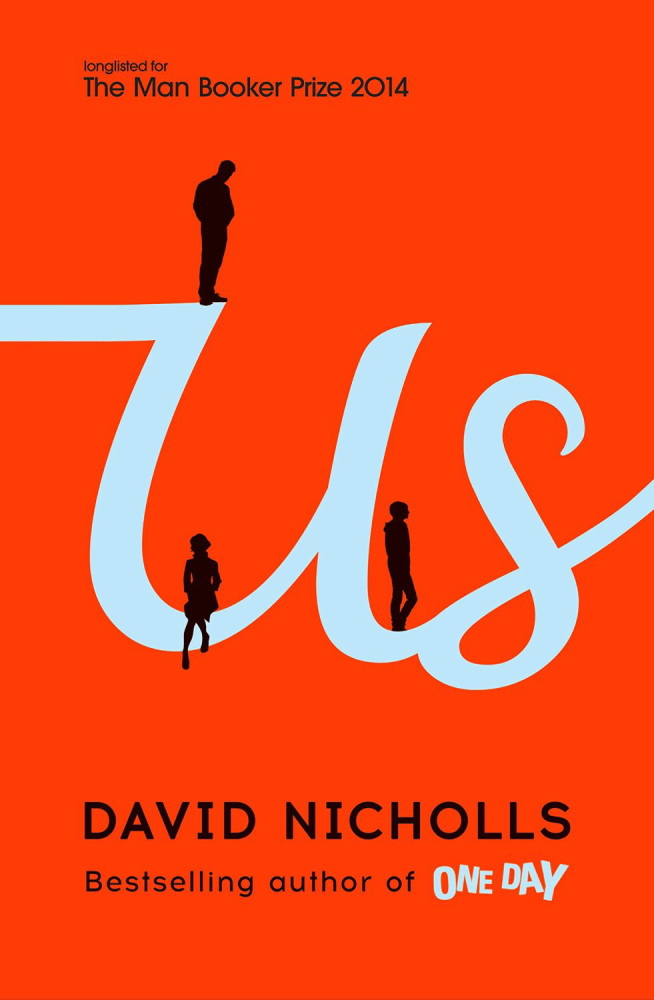David Nicholls’ engaging new novel is not the sort of serious, weighty fiction that often wins the Man Booker Prize, though it made the longlist for 2014. This year, that honor went to Richard Flanagan’s “The Narrow Road to the Deep North,” about a prisoner of war in Burma in World War II.
“Us” is about prisoners of a war in a more intimate skirmish: the domestic battleground. Like he did in his last novel, “One Day” – I have not yet forgiven him for the weeping that ensued when I finished that book – Nicholls uses a potent blend of wit and pathos to highlight the best and worst in us and explore the contradictions of love and the deceptively difficult task of being human.
Douglas Petersen, 54, is our reserved narrator. He is a bit of a stick in the mud, but he knows this and that makes him empathetic (and maybe even a bit familiar).
“There’s a saying,” he tells us, “cited in popular song, that if you love someone you must set them free. Well, that’s just nonsense. If you love someone, you bind them to you with heavy metal chains.”
The binding, though, is cracking for the Petersens, who include Douglas’ impetuous wife Connie, a free spirit tamped down in London’s suburbs, and moody 17-year-old son Albie, heading off to college in the fall; like his mother, he is artistically inclined, a point of friction between him and his practical father.
A “small family, somewhat meagre, and I think we each of us feel sometimes that it is a little too small, and each wish there was someone else there to absorb some of the blows,” Douglas explains.
Before Albie’s departure, though, the Petersens have booked a Grand Tour of Europe. Then Connie announces that she thinks she wants a divorce – but doesn’t want to cancel the trip.
Thus the unhappy Petersens set off on the predictably awful but thoroughly entertaining journey. Nicholls structures the book so that the trip unravels as Douglas recounts his early courtship with Connie, describing how they fell in love (now that she may be falling out). Douglas, desperate, thinks maybe the trip will rekindle their romance and help him connect with Albie.
Nicholls is a slyly funny writer – “I loved the conversation we had that night, especially once she stopped hallucinating,” Douglas recalls cheerfully of an early encounter – but he’s equally adept at honing in on the simple problems that end up looming large in a long-term relationship, such as “when will you be home and have you put the bins out?”
What happens when domestic bliss becomes rote? Is the past strong enough to bind us together when it happens? Nicholls’ answer is complicated, poignant, wise – and disarmingly human.
Send questions/comments to the editors.



Success. Please wait for the page to reload. If the page does not reload within 5 seconds, please refresh the page.
Enter your email and password to access comments.
Hi, to comment on stories you must . This profile is in addition to your subscription and website login.
Already have a commenting profile? .
Invalid username/password.
Please check your email to confirm and complete your registration.
Only subscribers are eligible to post comments. Please subscribe or login first for digital access. Here’s why.
Use the form below to reset your password. When you've submitted your account email, we will send an email with a reset code.